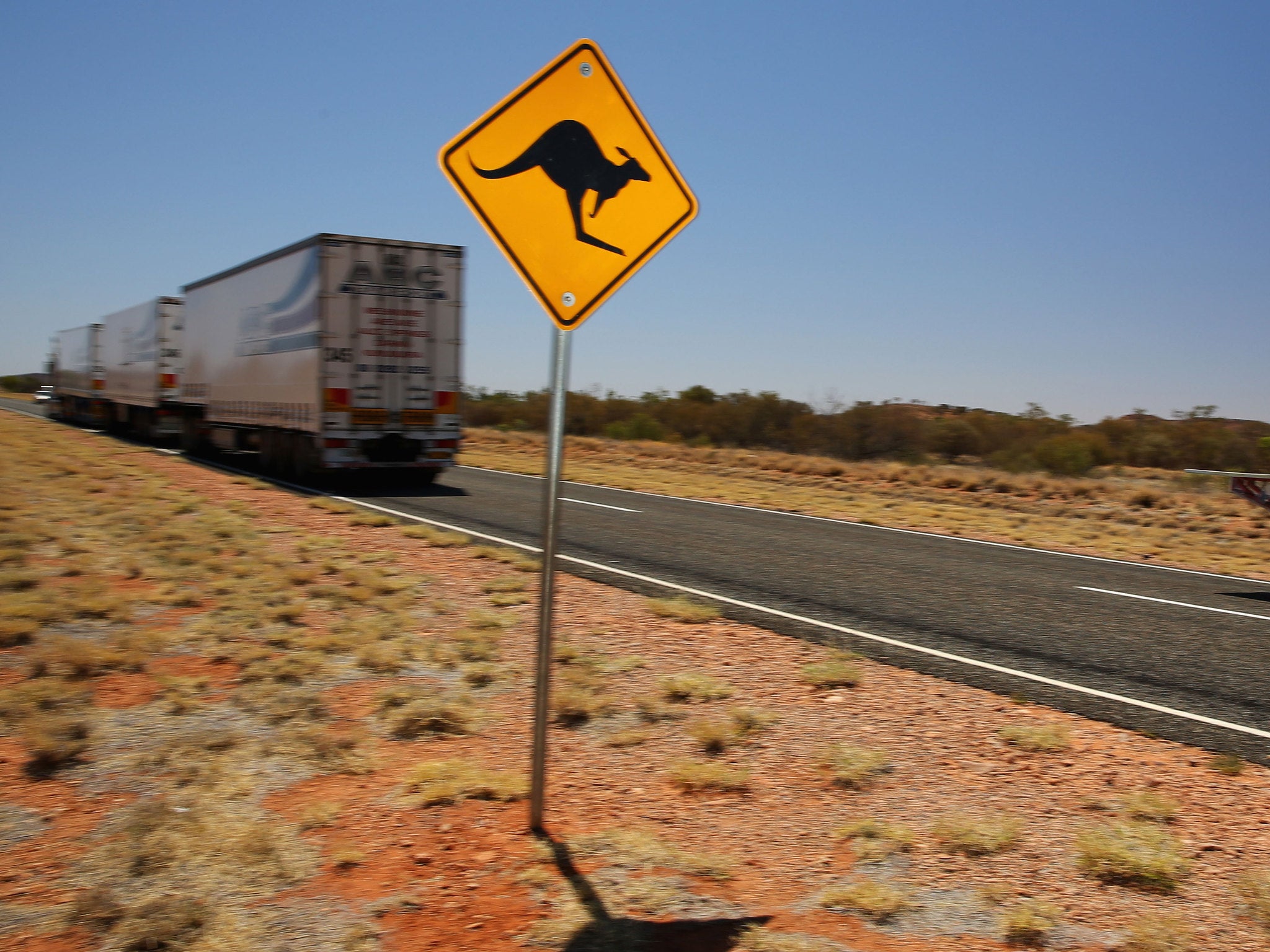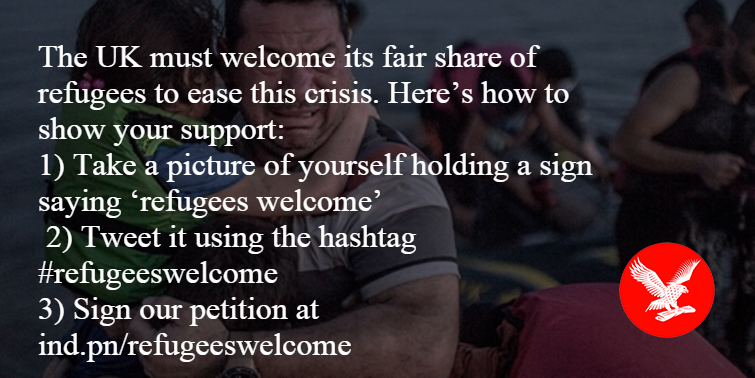‘Don’t hug everyone, but it’s ok to burp’: Australia issues guide to refugees
Here are the top seven tips from the government for fitting in

Your support helps us to tell the story
From reproductive rights to climate change to Big Tech, The Independent is on the ground when the story is developing. Whether it's investigating the financials of Elon Musk's pro-Trump PAC or producing our latest documentary, 'The A Word', which shines a light on the American women fighting for reproductive rights, we know how important it is to parse out the facts from the messaging.
At such a critical moment in US history, we need reporters on the ground. Your donation allows us to keep sending journalists to speak to both sides of the story.
The Independent is trusted by Americans across the entire political spectrum. And unlike many other quality news outlets, we choose not to lock Americans out of our reporting and analysis with paywalls. We believe quality journalism should be available to everyone, paid for by those who can afford it.
Your support makes all the difference.Not blowing your nose on the side walk, knowing when you're going for a "cuppa" or actual dinner, and why people might be naked at the beach - these are just some of the pointers refugees are being given for beginning life in Australia.
In the week Prime Minister Tony Abbot announced the country would take 12,000 more refugees - it has taken about 13,000 so far - a guide will soon be in the hands of many to help them understand their new, vast home.
The Department of Immigration and Citizenship's guide - titled "Life in Australia" - especially likes the Australian idea of "mateship". This is, apparently, a strong tradition of helping others. As the document puts it:
"Australians put aside their individual differences in the interests of living together as neighbours."
And in a nation where 44 per cent of citizens or their parents were born elsewhere - with almost all, except its Aboriginal inhabitants, from 200 other countries - putting aside individual differences would seem a necessary national disposition.
But living happily together might be more likely if newcomers are not too different - so here are the top seven tips from the government for fitting in. There is also a list of the lingo you need so you can converse like a natural Aussie.
1. Don't hug everyone you meet. Or kiss them.
"When meeting someone for the first time, it is usual to shake the person’s right hand with your right hand. People who do not know each other generally do not kiss or hug when meeting."
It's not absolutely clear how many times you have to meet someone before you can start hugging them.
2. It is OK to burp in public, but please pardon yourself:
"Australians often say, 'excuse me' to get a person’s attention and ‘sorry’ if they bump into them. They also say, 'pardon me' or 'excuse me' if they burp or belch in public or in a person’s home."
This is slightly confusing. It sounds like burping might help you get someone's attention.
3. None of this casual time-keeping or pushing into queues you have in other countries:
"Being on time for meetings and other visits is important", especially to the doctor's, because you might be charged. Please ring ahead.
Queuing, meanwhile, nicely fits in with Australia's commitment to "fair play".
"Australians generally wait until it is their turn to be served or attended to. It shows respect for others and is the fairest way for everyone to get what they need."
4. No spitting where you want:
Celebration of religious diversity makes it into this one, just at the very end.
"Most Australians blow their noses into a handkerchief or tissue, not onto the footpath. This is also true for spitting. Many people will also say ‘bless you’ when you sneeze.
"This phrase has no religious intent."
5. There is a lot of cutlery to get to grips with in Australia:
A surprising range of options - apart from grubby fingers - are presented to the unwitting refugee. Please don't spread germs, since available at your disposal are: "tongs, a spoon or fork, chopsticks or salad servers."
6. Tea is a double-edged sword:
Please ask cautious questions to establish context. Because "some Australians refer to their evening meal as ‘tea’ and can use the term to mean either dinner or, literally, a cup of tea or ‘cuppa’.
"If invited for tea, the time of the event is a good sign of whether your host means dinner or just a cup of tea."
7. You might see your new neighbours naked, but don't panic:
As demonstrated in the "Values" section of the report, Australia is a morally upright country.
After all, it is based on the principles of "freedom and dignity of the individual, freedom of religion, commitment to the rule of law, parliamentary democracy, equality of men and women and a spirit of egalitarianism that embraces mutual respect, tolerance, fair play and compassion for those in need and pursuit of the public good."
So please, when some people wear bikinis on the beach: "This does not mean that people who dress to go to the beach or swimming have low moral standards. It means that this is what Australians accept on or near beaches."
In clarifying the above such situations, refugees who have travelled thousands of miles might want to use any of the following vocab. Answers underneath.
Arvo, barbie, bloke, BYO, cuppa, digger, go for your life, g'day, fair go, fortnight, no worries, ocker, shout, to be crook.
(Afternoon, barbecue, bring your own beverage (needn't be alcohol), an Australian soldier, yes please go ahead, hello (or how are you?), equitable treatment, a two-week period, "the task or request will be carried out without fuss or bother", a chauvanistic or helpful Australian (?), to buy someone a drink, to be ill.)

Join our commenting forum
Join thought-provoking conversations, follow other Independent readers and see their replies
Comments